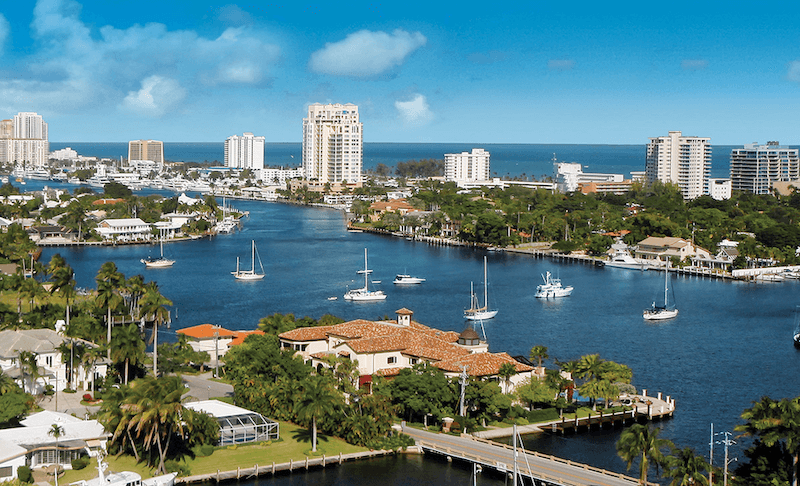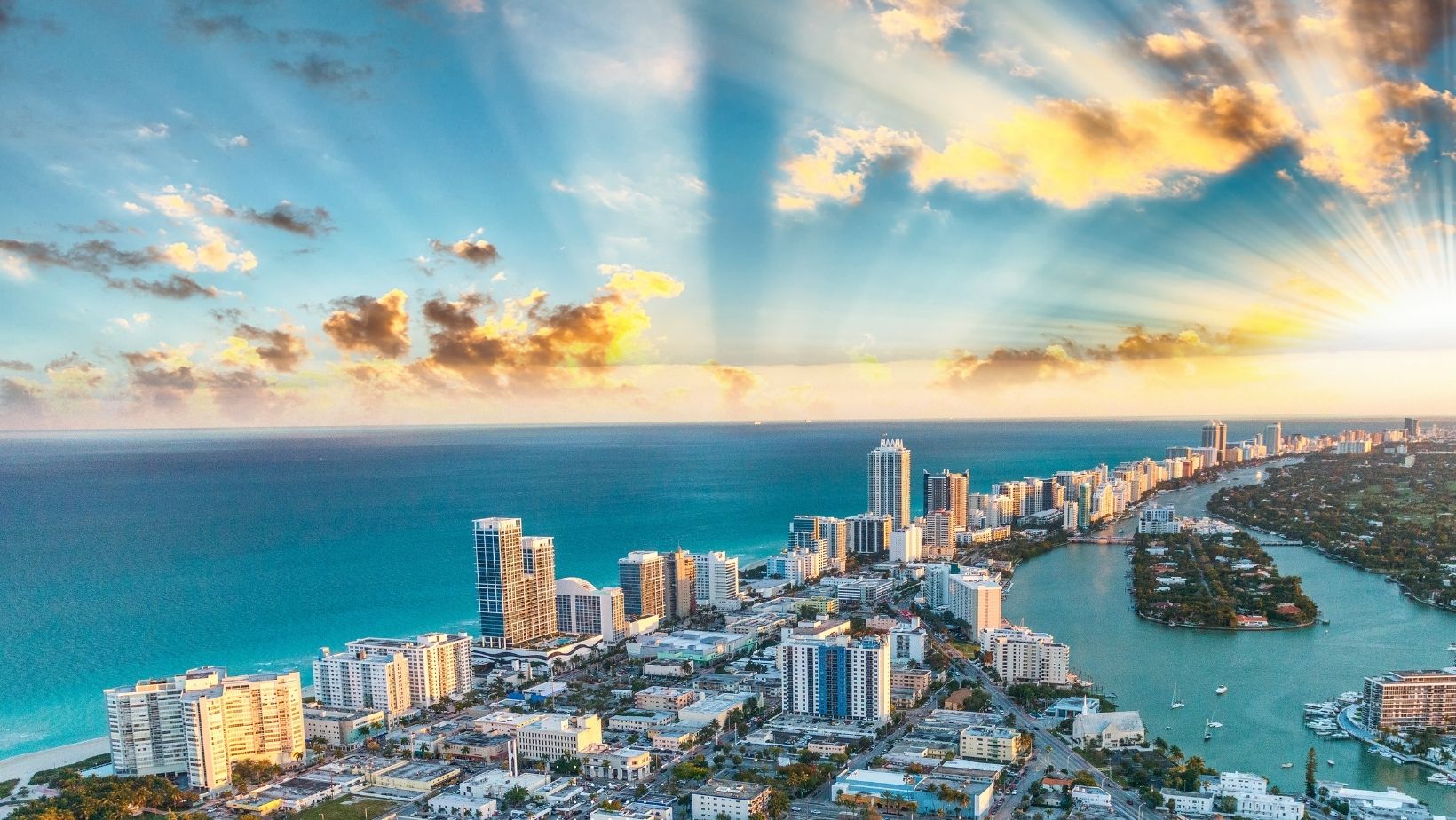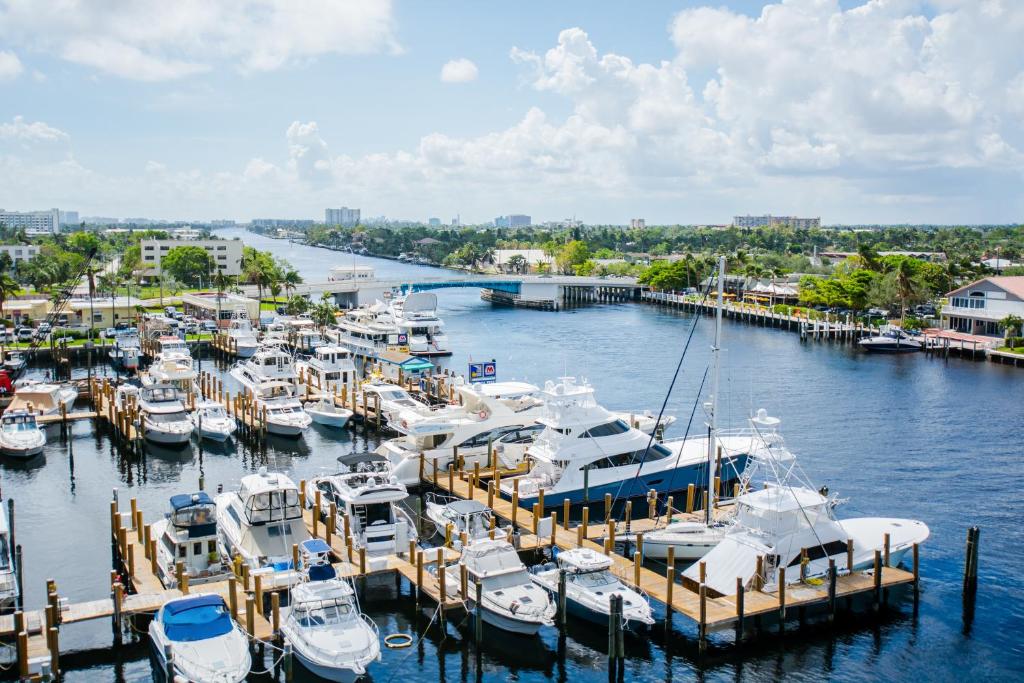Midtown Development Divests Broward Portfolio: Jon Samuel's Strategic $22M Warehouse Transaction
Midtown Development's Strategic Divestment Strategy
Prominent real estate developer Jon Samuel, best known for his transformative work on Midtown Miami, continues his strategic portfolio optimization in Broward County with another significant commercial property transaction. In a deal finalized last week, NorthBridge Partners acquired a fully-leased showroom and warehouse in Coral Springs for $22.3 million from three different affiliates of Samuel's Miami-based Midtown Development.
The transaction represents the second major Broward County divestment for Samuel in less than seven days, signaling what industry analysts describe as a deliberate portfolio recalibration in South Florida's evolving commercial real estate landscape.
The industrial property at 11711 West Sample Road encompasses 106,289 square feet on an 8.9-acre parcel within the Coral Springs Commerce Park. At $210 per square foot, the sale price reflects the premium value of fully-occupied industrial properties in Broward's competitive market. Originally constructed in 1996 and renovated in 2010, the building currently serves as a warehouse and showroom facility for Floor & Décor, which established its tenancy in 2022.
NorthBridge Partners Expands Florida Footprint
The acquisition strengthens the presence of NorthBridge Partners in South Florida's industrial sector. Led by managing principals Greg Lauze and Dean Atkins, the industrial real estate firm manages an impressive $3.1 billion in assets across its portfolio. With dual headquarters in Linthicum Heights, Maryland and Wakefield, Massachusetts, NorthBridge has demonstrated particular interest in the Broward County market.
This latest acquisition follows NorthBridge's 2023 purchase of Powerline Commerce Park, a 4.5-acre industrial complex in Deerfield Beach, for which the firm paid $18.1 million. Market observers note that these strategic acquisitions position NorthBridge to capitalize on South Florida's resilient industrial sector, which continues to demonstrate strength despite fluctuations in other commercial property segments.
A Cushman & Wakefield team spearheaded by Dominic Montazemi and Rick Brugge facilitated the transaction, representing the seller in negotiations that industry sources describe as reflecting fair market value in the current environment.
Samuel's Broward Portfolio Evolution
For Midtown Development, the transaction represents a substantial return on investment. Samuel's affiliates initially acquired the property in 2021 for $15.7 million, generating an approximate 42% ROI over just two years. The building's value was significantly enhanced when Floor & Décor secured their lease in 2022, replacing previous occupant Vutec Corporation, a manufacturer of projector screens who had owned and occupied the facility prior to Samuel's acquisition.
This sale closely follows another major transaction in Samuel's Broward portfolio. Just six days earlier, another Samuel-managed entity divested Sawgrass Landing, a fully-leased shopping center in Sunrise, for nearly $30 million. Sunny Isles Beach-based SK Realty Management acquired the retail center, which hosts prominent national tenants including Panera Bread, Starbucks, LA Fitness, and FedEx. Samuel's entity originally developed Sawgrass Landing in 2005, making this transaction the culmination of an 18-year investment cycle.
Strategic Acquisition amid Divestments
Despite these back-to-back sales suggesting a potential exit from the Broward market, Samuel has simultaneously demonstrated continued commitment to the region through strategic acquisitions. Five months prior to these sales, he purchased a decommissioned Sears store at Broward Mall in Plantation for $28 million. The 18-acre site represents a significant redevelopment opportunity in a prime retail corridor.
Industry analysts suggest this pattern of simultaneous divestment and acquisition reflects a sophisticated portfolio optimization strategy rather than a market exit. By selling stabilized assets that have reached peak valuation while acquiring properties with redevelopment potential, Samuel appears positioned to maximize returns while maintaining a diverse portfolio footprint across South Florida's commercial real estate landscape.
Market Implications and Future Outlook
These transactions occur against a backdrop of evolving dynamics in South Florida's commercial real estate market. While the retail sector faces ongoing challenges from e-commerce competition and changing consumer behaviors, industrial properties—particularly those with credit tenants in strategic locations—continue to command premium valuations.
The involvement of institutional investors like NorthBridge Partners in Broward County acquisitions signals confidence in the region's long-term economic fundamentals. Meanwhile, developers like Samuel are demonstrating the value creation possible through strategic property repositioning and tenant curation.
As South Florida's commercial real estate landscape continues evolving, these transactions provide valuable insights into how experienced developers are navigating market conditions while optimizing their investment portfolios for future growth.
Insights About South Florida Commercial Real Estate
Why is Broward County attracting significant industrial investment?
Broward's strategic location between Miami-Dade and Palm Beach counties, combined with its robust transportation infrastructure and relative land availability, makes it particularly attractive for industrial investors seeking logistics and distribution advantages in South Florida.
What makes fully-leased industrial properties so valuable in the current market?
Industrial properties with credit tenants on long-term leases represent reliable, inflation-hedged income streams with minimal management requirements. In an uncertain economic climate, these assets are particularly attractive to institutional investors seeking stable returns.
How significant is the 42% ROI Samuel achieved on the Coral Springs property?
A 42% return over approximately two years represents an exceptional outcome in commercial real estate, where annual returns typically range from 6-12%. This performance demonstrates the value creation possible through strategic tenant replacement and market timing.
What factors might influence Samuel's decision to acquire the former Sears property?
Large-format retail redevelopment sites offer rare opportunities to create mixed-use destinations in established commercial corridors. With appropriate entitlements, such properties can be transformed into higher-density developments combining residential, commercial, and experiential elements that generate superior returns compared to traditional retail uses.
How are developers like Samuel balancing portfolio risk in the current economic climate?
Diversification across property types, tenant profiles, and investment horizons helps sophisticated developers mitigate risk. By maintaining exposure to both stabilized cash-flowing assets and value-add opportunities, developers can optimize returns while positioning for different economic scenarios.













